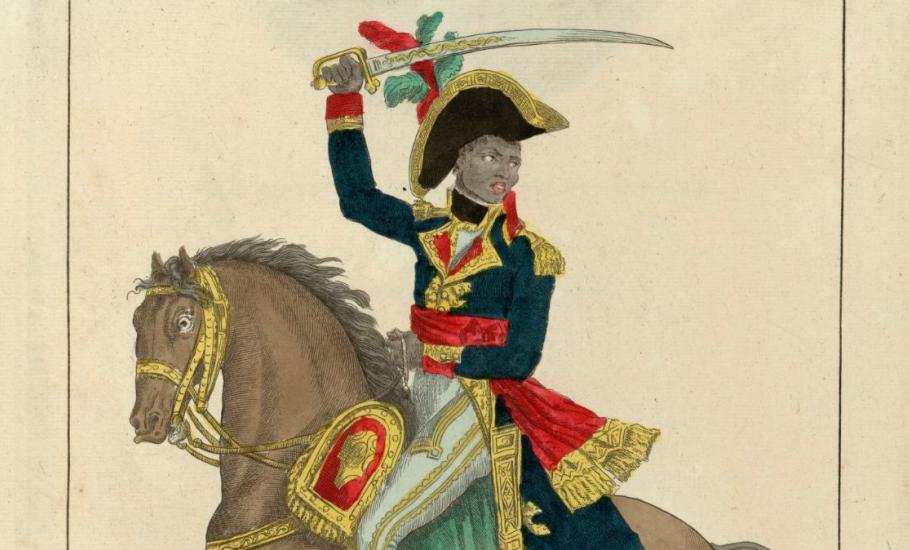
But Césaire’s book remains a milestone for its insightful reading of the “three moments” needed for the revolutionary process to mature.Ĭésaire, as a longtime politician - and poet, storyteller, and essayist - dug deep into the contradictions of the gradual overthrow of “white” power in the Caribbean. There has been no shortage, even in recent times, of studies that capture the complexity of the Saint-Domingue revolution and the special role of Louverture’s leadership, his pragmatism, his military skill, and his Machiavellian diplomacy. James’s 1938 classic The Black Jacobins, one of the most influential historical works of the twentieth century.

In recent decades, he has regained notoriety mainly thanks to C.

The Slave RevolutionĪ widely debated, somewhat elusive, and indeed controversial figure, Toussaint Louverture became renowned worldwide even at the time of the events. In Césaire’s words, the rebels not only showed how “the rights of man often been reduced to the rights of European man alone,” but prompted the beginning of the “abolition of the colonial era in the American hemisphere.” Imperialist and colonialist Europe had brought the whole world to its knees now, its invincibility was finally cracked. But in a land where slaves constituted nearly 90 percent of the population, the oppressed revolted against the colonial monster - and defeated it. This Caribbean territory had been a linchpin of the eighteenth-century imperial order it was also one of the richest colonies in the world at the time. There, he became a detonator for the revolutionary ideas from Paris, which, making their way across the Atlantic, led to one of the most important political upheavals of recent centuries. Himself born a slave on May 20, 1743, the anti-colonial leader was at first known as Toussaint Bréda, after the plantation near Haut de Cap where he was based.

He arrives on the stage of history in August 1791, aged almost fifty, as a leader of the slave insurrection in Saint-Domingue.

In the great book of history, as well as in the 1960 study that Aimé Césaire dedicated to him, Toussaint Louverture makes his first appearance two years after the storming of the Bastille, at the beginning of the French Revolution.


 0 kommentar(er)
0 kommentar(er)
